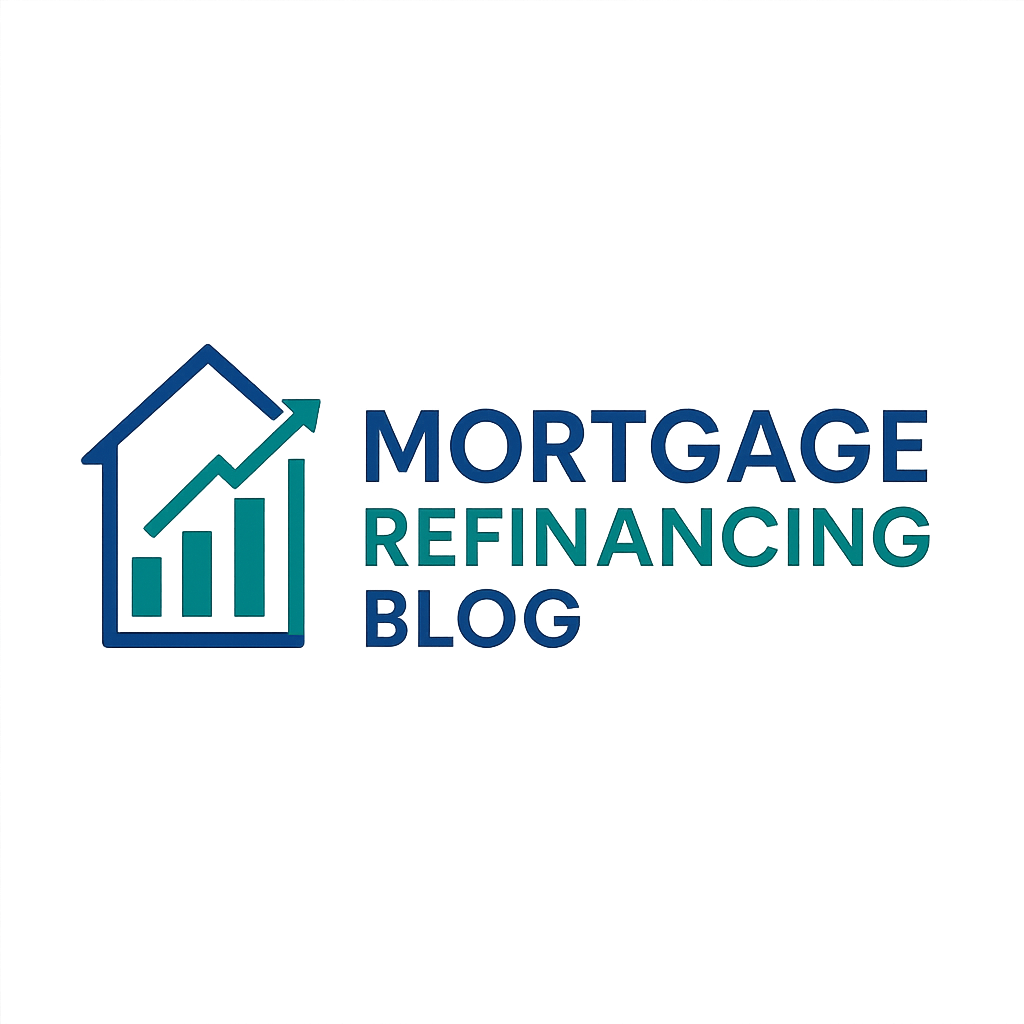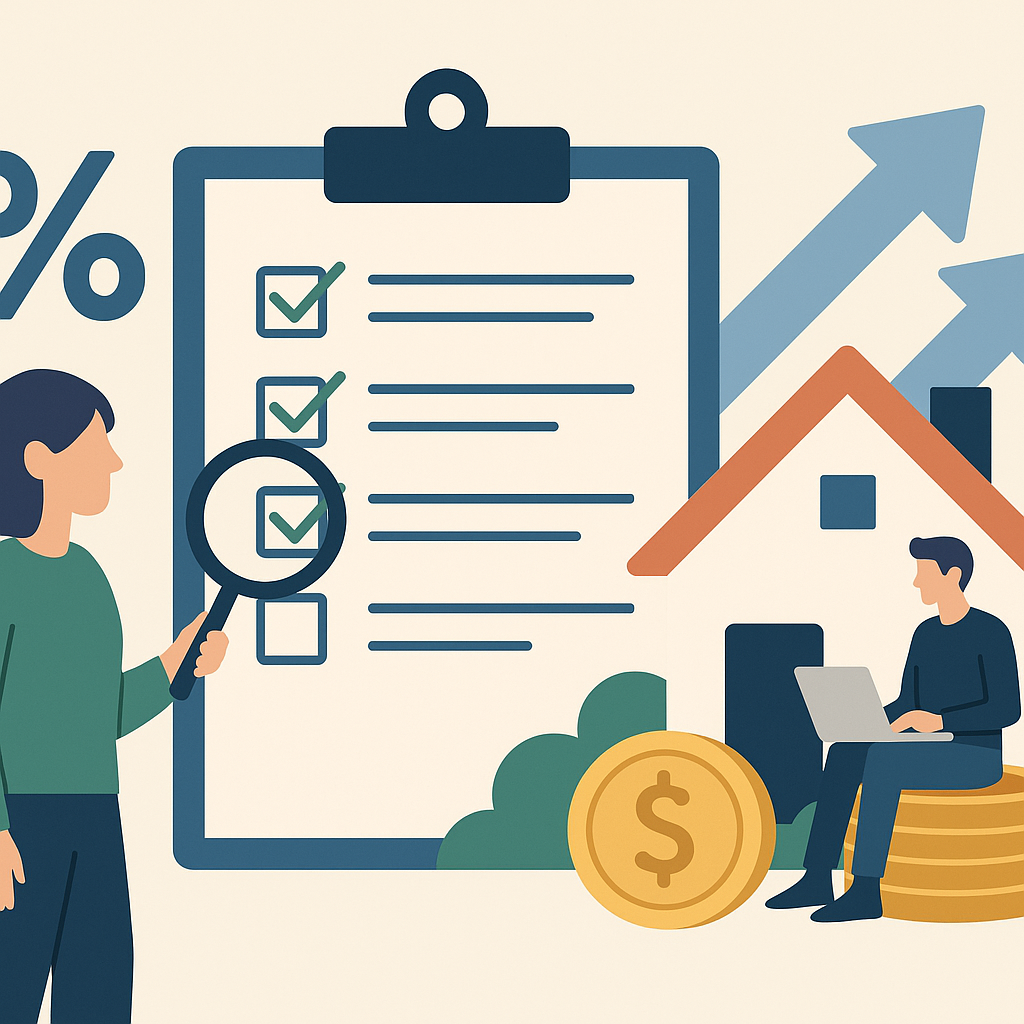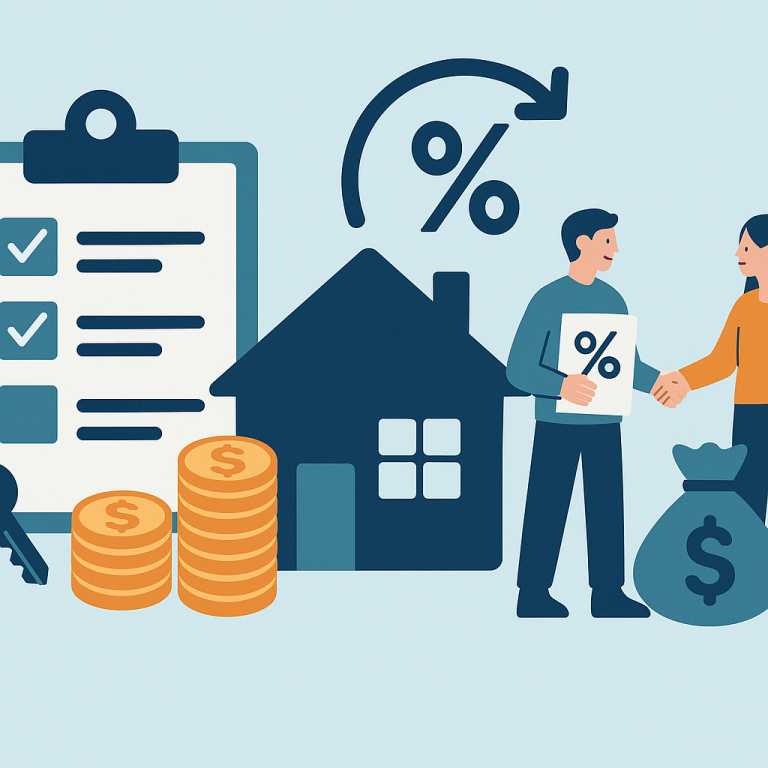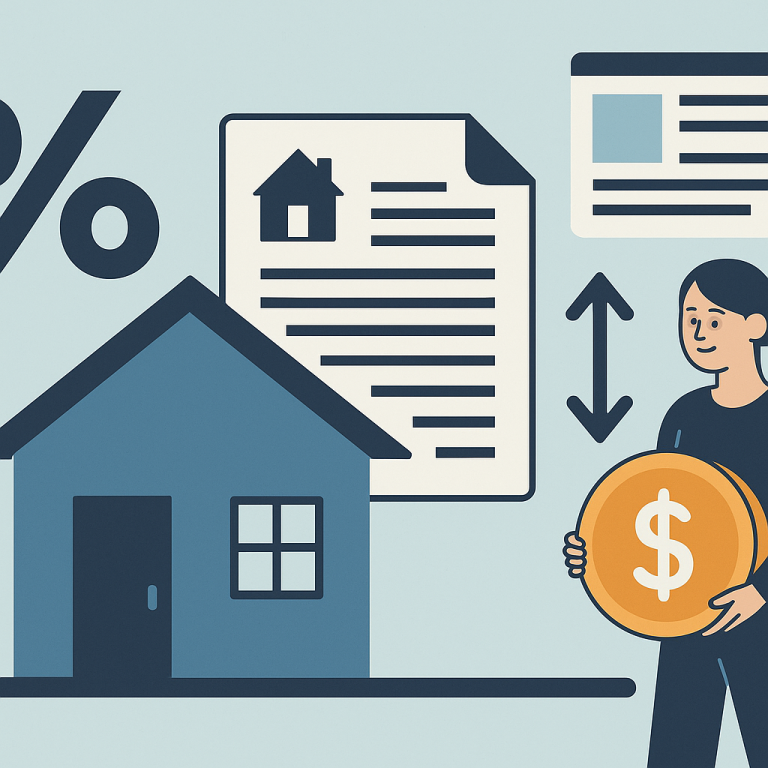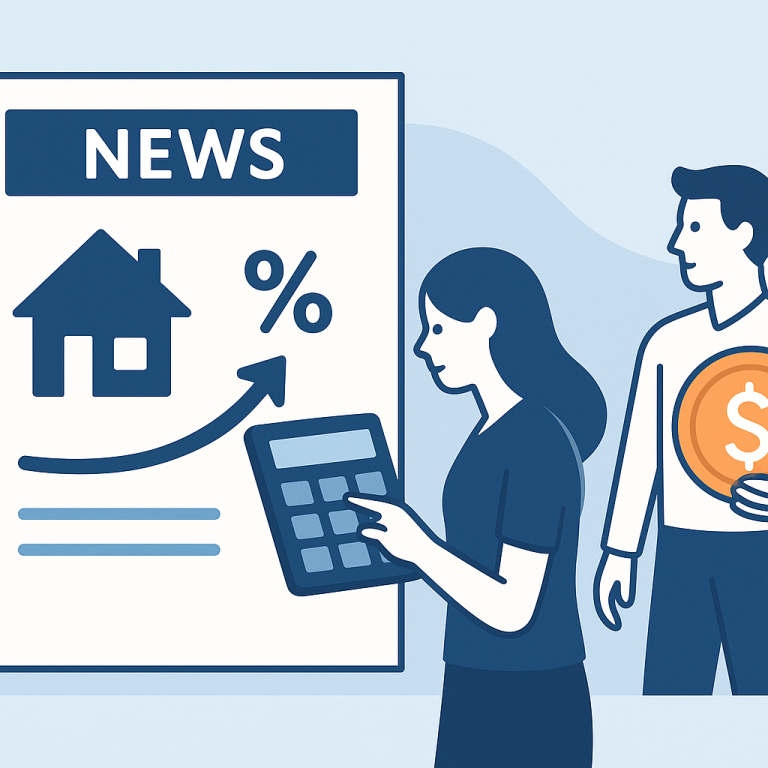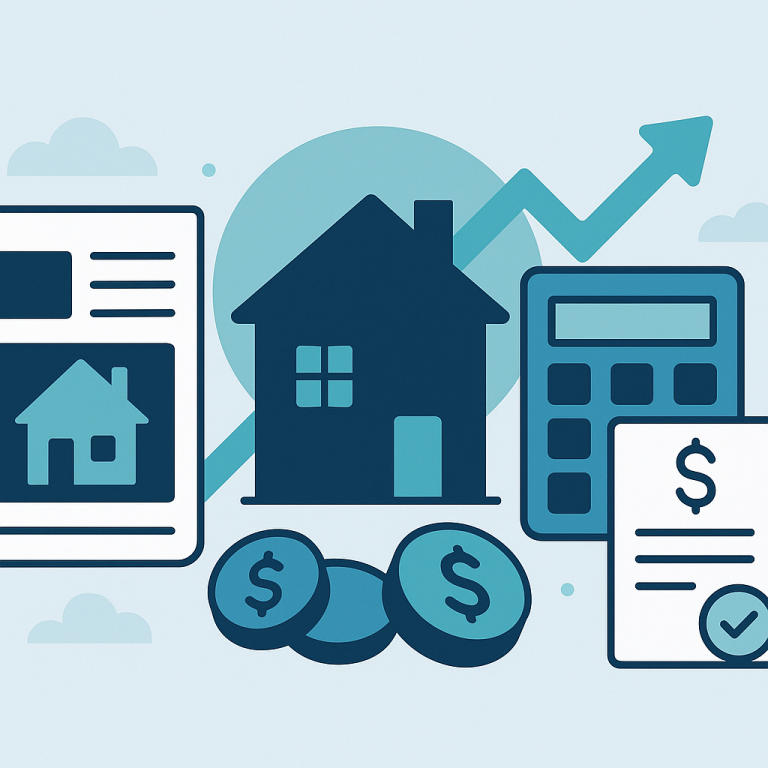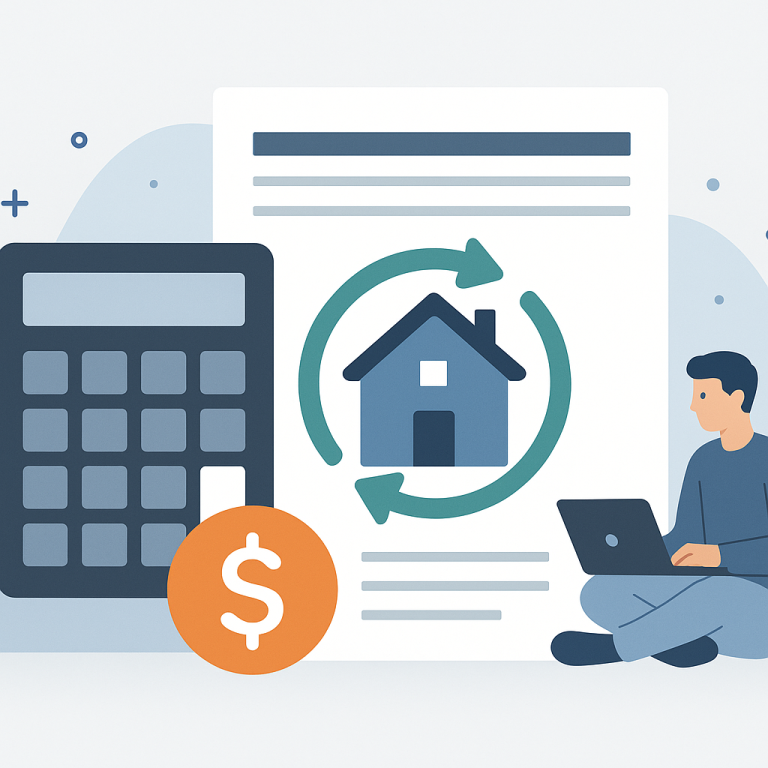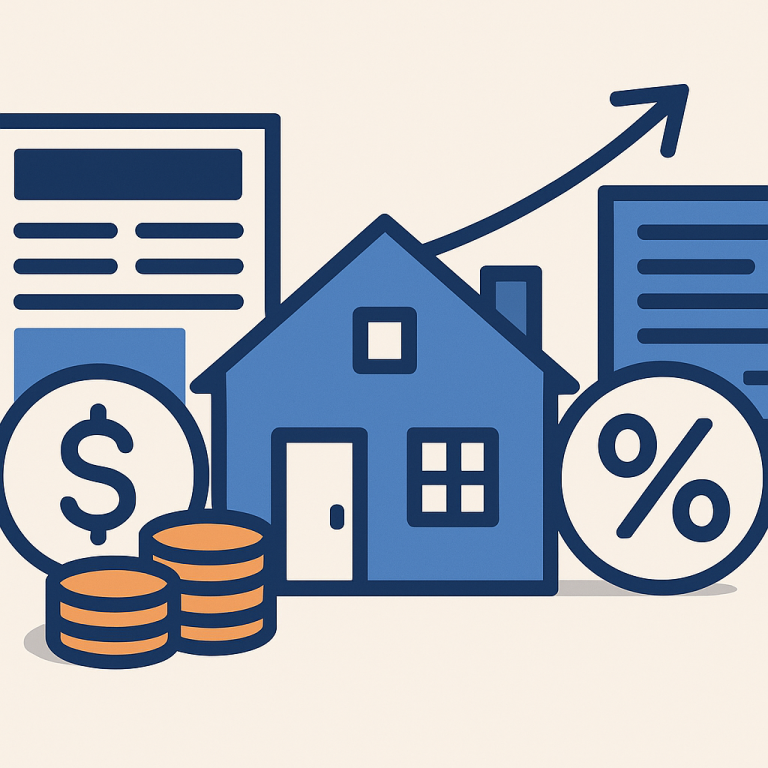Refinance guide manufactured home refinance options
Manufactured Home Refinance Options: What You Need to Know
Refinancing a manufactured home can lower monthly payments, reduce interest costs, or free equity for other uses. But manufactured homes are treated differently than site-built houses, and your options depend on whether the home is titled as real property (affixed to owned land) or as personal property (a chattel loan). This guide explains when refinancing makes sense, the benefits and drawbacks, costs to expect, the step-by-step process, common pitfalls, and answers to frequently asked questions.
What it Is and When It Makes Sense
Refinancing replaces your existing loan with a new loan under different terms. For manufactured homes, there are generally two paths:
- Real-property (mortgage) refinance: Available when the manufactured home is permanently affixed to land and the title has been converted from personal property to real estate. Conventional, FHA, VA, and USDA mortgage products may be available.
- Chattel (personal property) refinance: Available when the home remains titled as personal property. These are specialty loans from lenders that work with manufactured homes and often carry higher rates than mortgages.
Refinancing makes sense when you want to lower your interest rate, shorten your loan term, switch from an adjustable-rate to a fixed-rate loan, consolidate other debt with a cash-out refinance, or remove mortgage insurance. It also makes sense if you can convert a chattel loan to a mortgage by attaching the home to owned land—this can meaningfully reduce rates.
Benefits and Drawbacks
Benefits
- Lower monthly payments or interest rate, reducing long-term cost.
- Shorten the loan term to pay off the home sooner and save interest.
- Cash-out options to access home equity for improvements, debt consolidation, or emergencies.
- Possible access to better loan programs (FHA, VA, USDA) if you convert to real property.
- Refinancing into a fixed-rate loan can eliminate payment unpredictability.
Drawbacks
- Refinance costs can be significant and negate savings if you don’t keep the loan long enough.
- Chattel loans typically have higher rates and fewer lender choices.
- Some refinances require repairs or upgrades to meet lender standards (foundation, utilities, HUD label), adding expense.
- Potential prepayment penalties on your existing loan or funding fees on government loans.
Costs and Fees to Expect
Costs vary by lender and loan type, but common fees include:
- Appraisal or manufactured home inspection: $300–$800 depending on complexity.
- Loan origination fee: often 0.5%–1.5% of the loan amount or a flat fee.
- Title search and title insurance (for real-property loans): $200–$800.
- Recording fees, courier, and settlement costs: $100–$500.
- Credit report and flood certification: nominal fees.
- Mortgage insurance or upfront government mortgage insurance premiums (FHA/VA/USDA) if applicable.
- Payoff fees or prepayment penalties on your current loan, if applicable.
Always request a Loan Estimate early so you can compare total costs between lenders. Calculate your break-even point: total refinance costs divided by your monthly savings.
Step-by-Step Refinance Process
1. Determine property status
Confirm whether your manufactured home is titled as real property or personal property. If it’s on land you own and not previously converted, investigate the process to permanently affix the home and retitle it—this can open more refinance options.
2. Gather documents
Typical documents include the current loan statement, title or deed, proof of land ownership or lease, homeowners insurance, photo ID, pay stubs, tax returns, and proof of any required repairs or foundation work.
3. Shop lenders and products
Get quotes from lenders who specialize in manufactured-home financing, plus conventional banks and credit unions. Compare interest rates, APR, closing costs, and program eligibility (FHA, VA, USDA, or chattel lenders).
4. Apply and lock your rate
Submit an application and lock your rate if you’re comfortable with the terms. You’ll typically pay an application fee or earnest fee at this stage.
5. Appraisal and underwriting
A manufactured home appraisal or inspection will verify condition, HUD label, and whether it meets foundation and utility standards. Underwriting reviews income, credit, and property eligibility.
6. Closing
Review closing disclosure for final costs, sign documents, and pay closing costs (or roll them into the loan if permitted). The new lender pays off the old loan and you begin payments under the new terms.
Common Pitfalls to Avoid
- Assuming any lender will refinance a manufactured home—many banks won’t; use specialists if necessary.
- Not confirming whether the home is real property. Mistaking a chattel title for a mortgage-eligible property can waste time.
- Skipping multiple quotes. Rates and fees vary widely for manufactured-home loans.
- Failing to account for required repairs. Lenders may require foundation, utility, or label repairs before closing.
- Ignoring land-lease restrictions. If the home sits on leased land or in a park, lease terms or park rules may limit refinancing options.
- Refinancing for a lower payment without checking the break-even period—extend the loan too long and you may pay more interest overall.
Short FAQ
Can I refinance a manufactured home on leased land?
Refinancing is possible but more limited. Many conventional and government mortgage programs require the borrower to own the land. Chattel lenders and some specialty programs may refinance homes on leased land, but rates and terms vary and park approval may be required.
What loan programs are available for manufactured homes?
If the home is titled as real property you may qualify for conventional, FHA, VA, or USDA loans. If the home is personal property, look to chattel refinance loans or FHA Title I loans designed for personal-property manufactured homes.
Will refinancing remove mortgage insurance?
Possibly. If you refinance into a loan with a lower loan-to-value (LTV) ratio or into a loan product that doesn’t require mortgage insurance, you may eliminate PMI. FHA loans typically require mortgage insurance for most borrowers, so evaluate the trade-offs carefully.
How long does a manufactured home refinance take?
Timing varies: chattel refinances can close in a few weeks, while mortgage refinances that require an appraisal, title work, and possible repairs may take 30–60 days or longer. Plan for inspections and permit processing if foundation work is needed.
Refinancing a manufactured home can be a smart financial move when matched to the right product and lender. Confirm your home’s title status, shop multiple lenders, factor in all fees, and verify that required repairs or foundation work are feasible before committing.
META: manufactured home refinance options | evergreen guide | chattel vs mortgage | FHA VA USDA refinance
